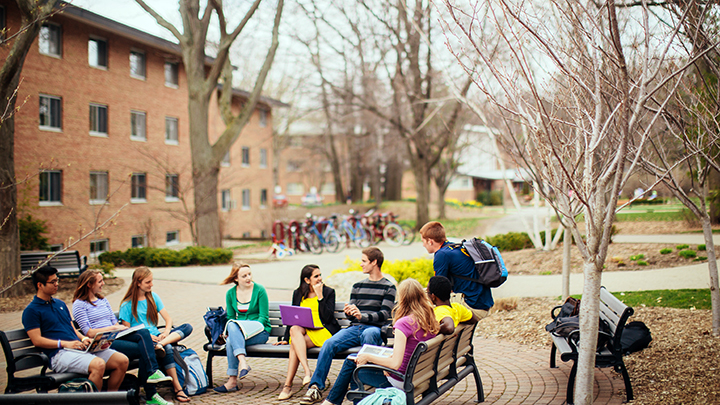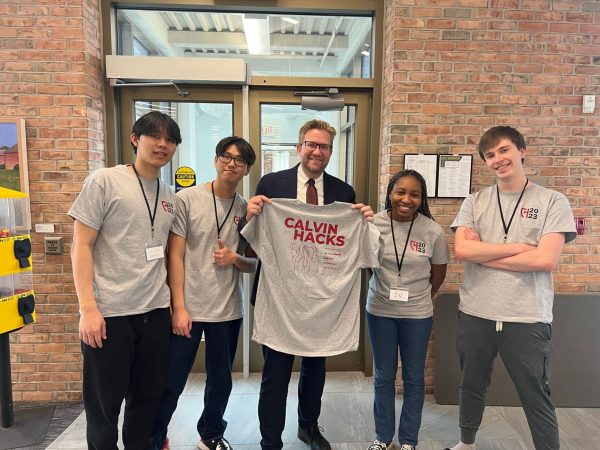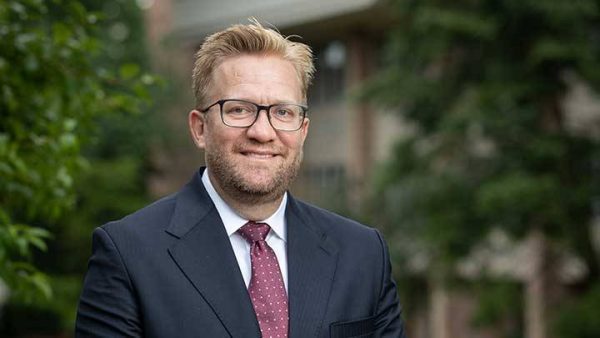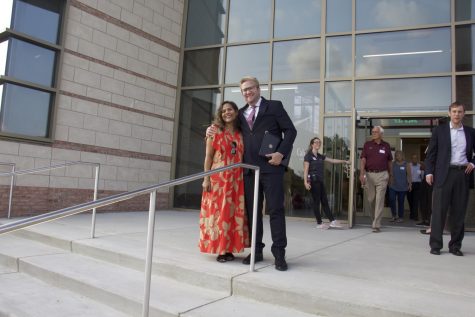Recent study examines impact of student-parent relationship
A recent study reports a link between students’ relationships with their parents and their “adult-readiness” by their fourth year of college.
The study, titled “Implications of Parent-child Relationships for Emerging Adults’ Subjective Feelings About Adulthood,” surveyed 260 undergraduate students in their first and fourth years of college.
Researchers discovered that when students head off to college and feel like they are on good terms with their parents, they may feel more confident and try new things. Lindell and fellow researchers discovered that “emerging adults who reported lower levels of negativity with their parents during their first year of college felt more like adults three years later compared to those with more negative relationships.”
Findings also showed that the more parents tried to influence how their student behaved, the better idea the student had of their vocational calling, but only when there wasn’t much negativity in the parent-student relationship. According to the study, “parents’ attempts to use behavioral control may be seen by emerging adults not necessarily as rules that must be followed [but] as suggestions that may help scaffold their decision-making in the face of increasing adult responsibilities.”
Senior Andrew Philipose said that his parents navigated this transition well.
“My parents gave me space. They gave me room to experience life for myself and learn how to take care of myself, my school work and those around me. But at the same time, they were always available when I needed them, ” Philipose said.
But not all parents make this smooth transition.
Researchers defined a negative form of parenting known as “helicopter parenting” as “another form of parental control, and involves parents limiting their child’s autonomy in excessive and developmentally inappropriate ways such as choosing their child’s college classes or solving disagreements with roommates.” Their data also showed that increased helicopter parenting reduced males’ idea of vocational calling within minimally negative relationships.
“Children learn better when having to overcome challenges and are more resilient,” said Calvin psychology professor Julie Yonker. “Resiliency is the ability to successfully cope with change or misfortune–what most adults encounter on a regular basis. A bulldozer parent tries to eliminate the change or misfortune, thereby not providing the child an opportunity to learn and practice resiliency.”
Researchers state that “parents may be an important source of support for college students who are approaching the challenges of adulthood” but add that “parents who remain heavily involved in their emerging adult children’s decision-making may prevent them from developing a sense of confidence in their abilities and from engaging in the
exploration and identity development necessary for a successful transition to adult roles.”
Yonker says that students should ask themselves a few questions:
“When did I have to make a change in my life in which I felt out of my comfort zone? What were some things I thought or did that helped me to adapt to this new reality? If I had to make that change again, what might I do differently?”












